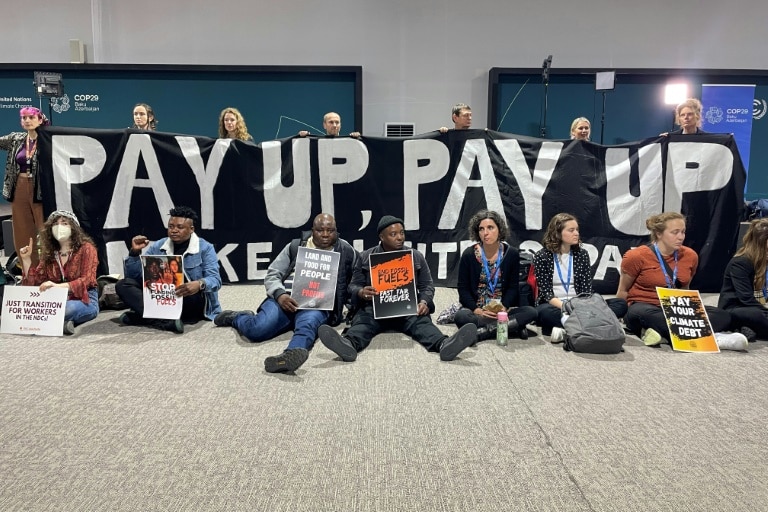Fastfood chain Grill’d reveals plans for Australian expansion
The chain is taking on fast food giants, with plans to expand across the country.
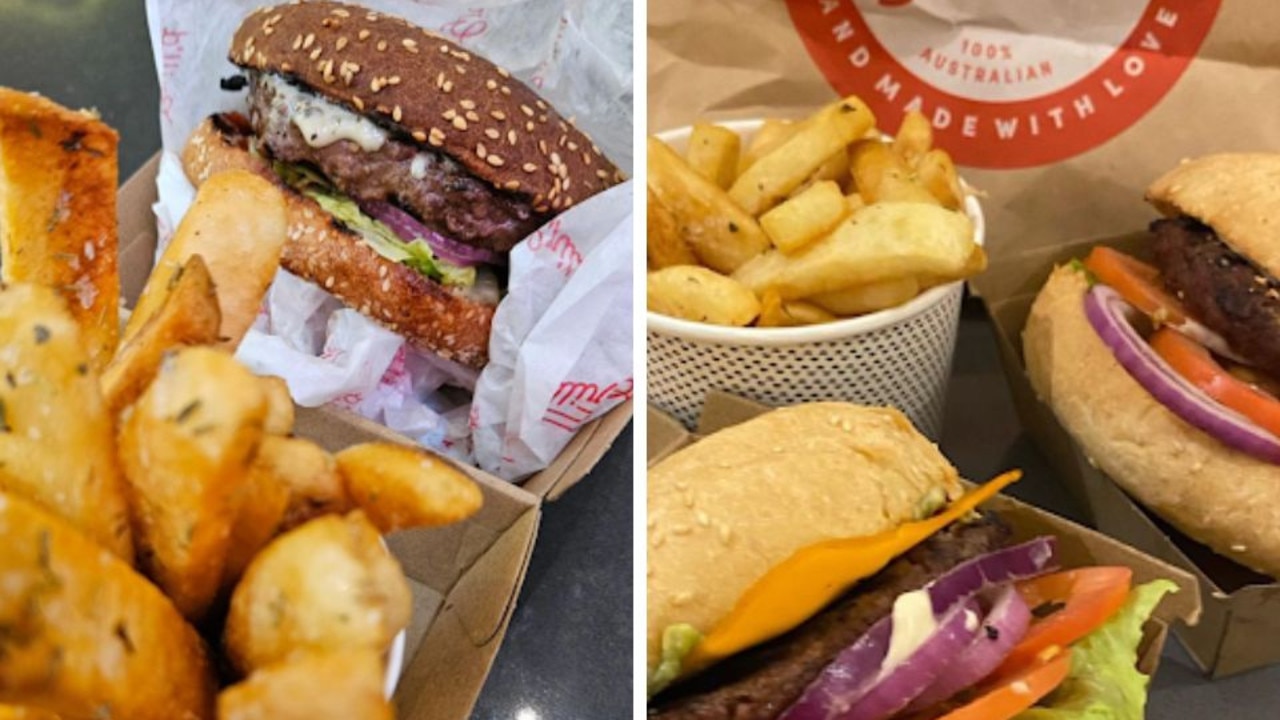
Breaking News
Don't miss out on the headlines from Breaking News. Followed categories will be added to My News.
There’s no doubt fast food is a staple for Aussies, with the golden arches found on most corners, and the KFC colonel inviting you in on practically every other street.
However, the industry might be in for a shake up, with Grill’d set to shift its focus to stand-alone restaurants and drive-through formats.
Starting out in 2004 to reinvent fast food, Grill’d is among the “better quality” burger restaurants on offer in Australia.
Now gearing up to celebrate the company’s 20th birthday with 172 stores and 240 million burgers sold, founder and CEO Simon Crowe said the company’s mission is to “liberate burgers from badness”.
“We genuinely see ourselves as a rebel with a cause, we want to push into the challenge that is doing things different,” he said.
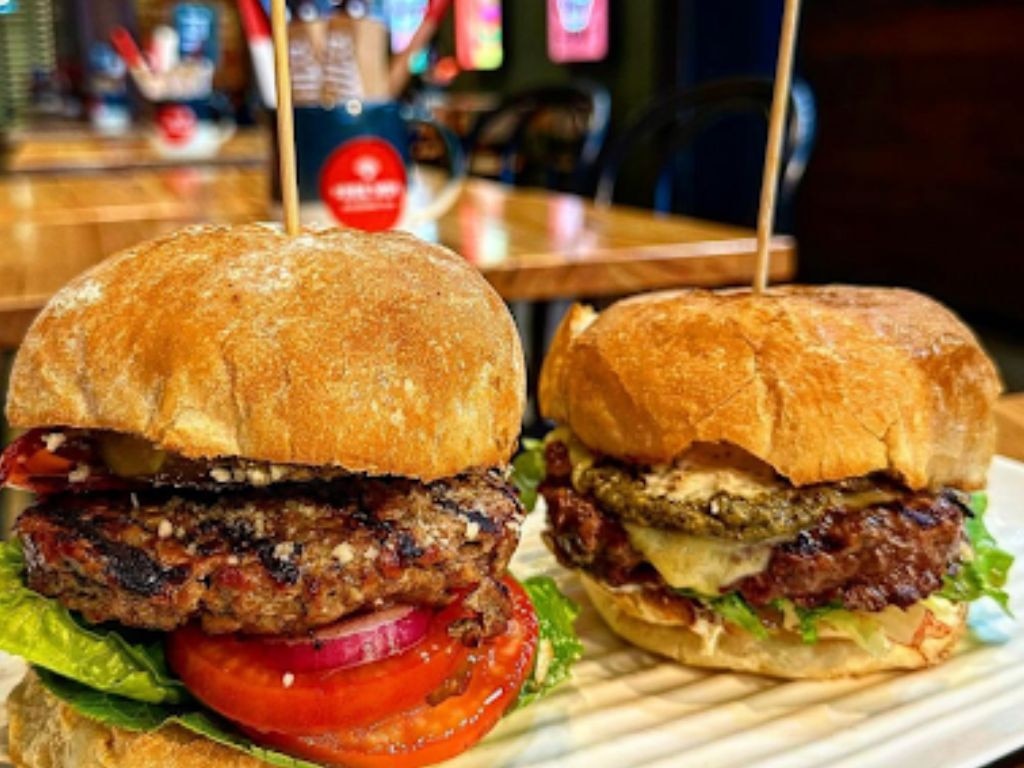

Grill’d opened its very first drive-through in Mount Ommaney, Queensland, last year, and aims to have 20 drive-through restaurants by the 2026 end of financial year.
“I was always anti the idea of drive throughs, and as we’ve developed as a brand and a business we’ve seen the terminology of quick service restaurants (QSR) is not an evil term if we do what we do really well,” Mr Crowe said.
Plans are already in place for a drive-through at Chadstone Fashion Capital in Victoria.
“We feel really excited about being a QSR brand, but never a dirty fast food brand. And we think that we can deliver therefore nutritious healthy, amazing burgers and do so in a very prompt fashion,” Mr Crowe said.
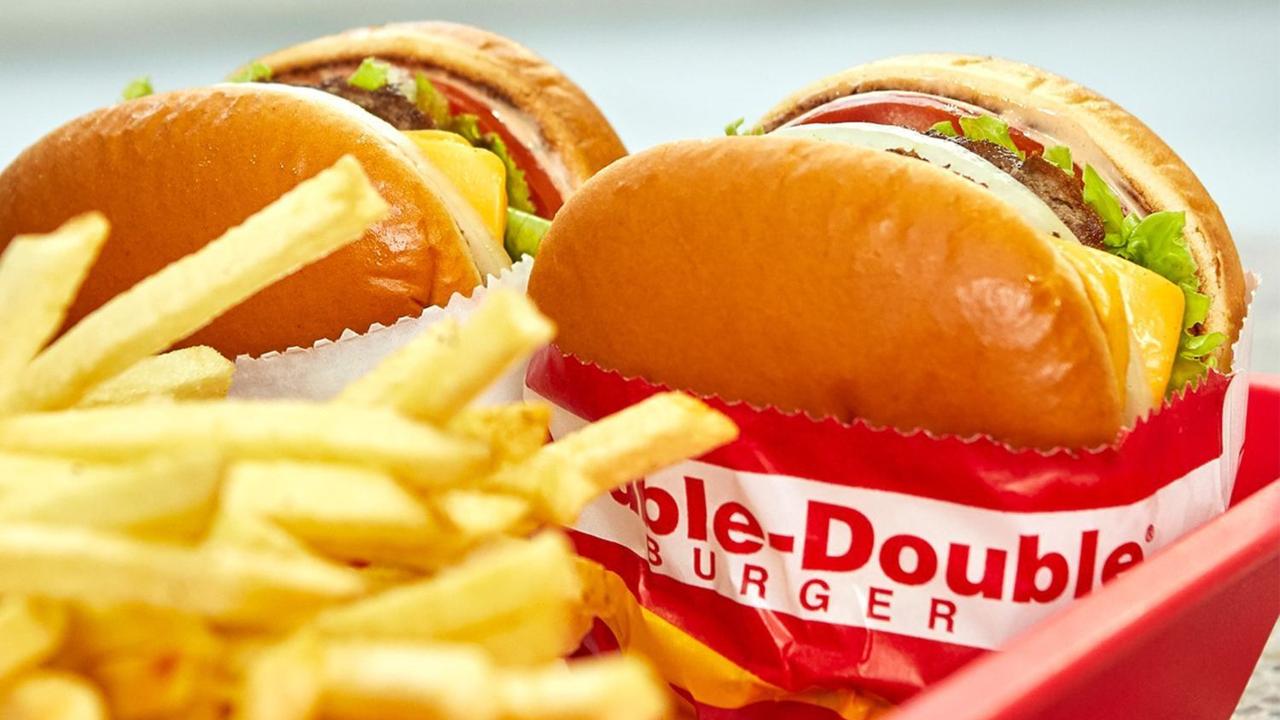
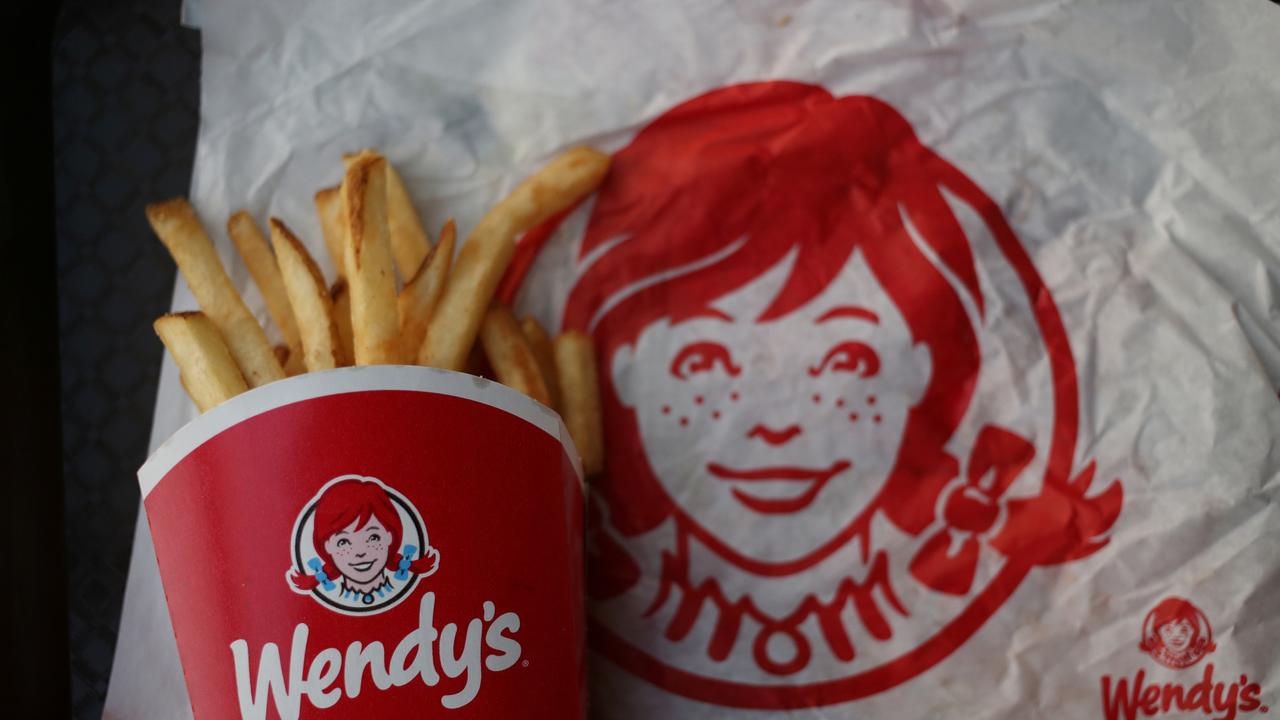
However, Mr Crowe acknowledged Australia has a very competitive hospitality market, with burgers “arguably even more condensed and competitive than food in general”.
“There is everyone from the local fish and chip shop, to burger businesses like ours, to monolithic international players,” he said.
“Arguably, there is a lot of elasticity in burgers because they are much loved.”
Competition could be on track to become even more fierce, though, with fast food giant Wendy’s reportedly opening stores in Australia over the next decade.
The chain is best known for its square hamburgers, french fries and “Frosty” frozen dairy desserts and was started in Columbus, Ohio in 1969.
It is the third largest burger chain company in the US after McDonald’s and Burger King.
There’s even rumours that Popeyes may be hitting Aussie shores soon.
It follows other US fast food giants Five Guys, TGI Fridays and Krispy Kreme opening across the country over the last couple decades.
Australia’s quick service market is expected to grow 32 per cent over the next five years to $8.7bn, according to Euromonitor data.
Pop ups including In-N-Out and Cinnabon have also put feelers out down under recently, arguably proving Australians still have an appetite for more — and new — fast food options.
However Queensland University of Technology Professor Gary Mortimer isn’t convinced the likes of Grill’d and Wendy’s have the capacity to shift Australia’s fast food market given the competition in the market, particularly with burgers.
“You’ve certainly got your mainstream players like Burger King, Hungry Jack’s and McDonald’s here, but we’ve also seen the growth of better quality, fast casual dining,” he said.
“That creates quite a crowded market … the organisation would need to have a very strong competitive advantage over their existing competitors … a strong value proposition.
“If you dumb it down, it’s very much about why would I buy a burger from Wendy’s when I could buy a burger from Hungry Jacks?”
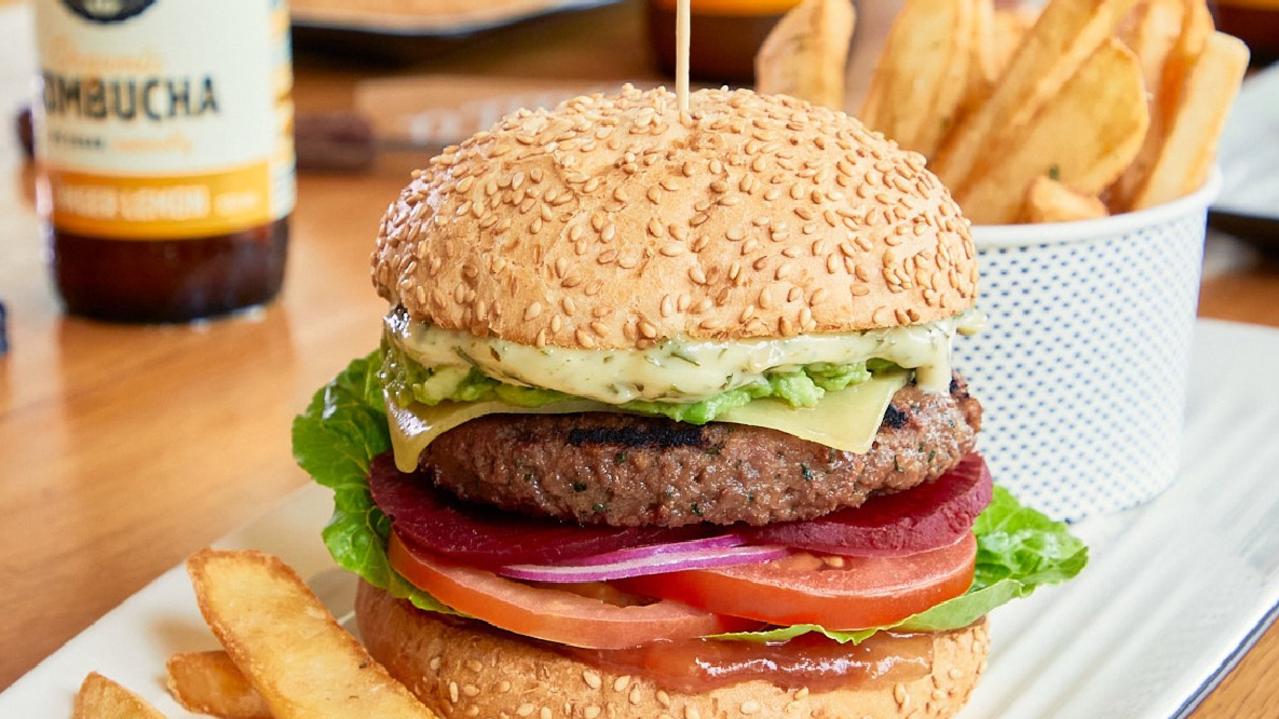
Professor Mortimer said if other US chains such as Wendy’s do enter the Australian market, he doesn’t believe there will be a sudden increase in the household budget spend on burgers and fast food.
“I think the percentage will remain the same it’ll be just dispersed over a wider range of competitors.”
Professor Mortimer added that given the country’s cost of living crisis, Australians aren’t spending as much on fast food.
“That tends to be a pattern of behaviour when families are doing it tough — they tend to eat more at home rather than eat out,” he said.
“So I think entering a market where you’ve got significant competition in the marketplace already, you’ve got incumbent players that have a high level of customer loyalty, and you’re facing cost of living crisis — I think it’s a challenging market entry stage.”
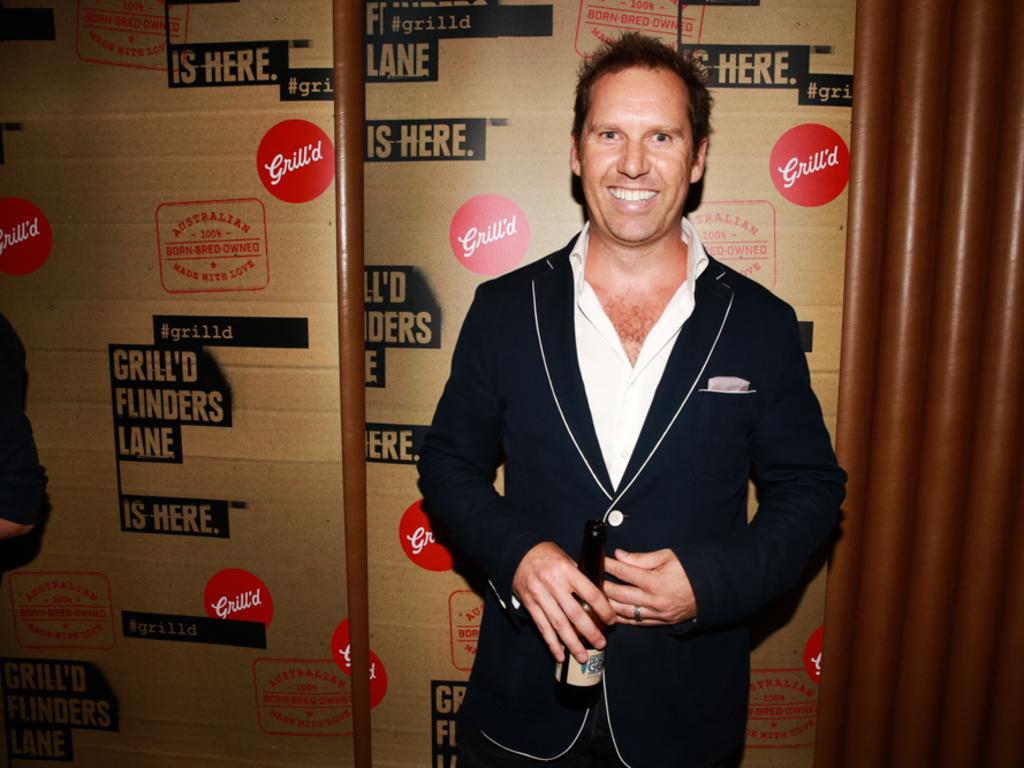
Despite this, Mr Crowe said he welcomes competition from the US.
“I suspect they’ll be very challenged by the quality of produce, the quality of service, and the challenge to find A grade sites in this country,” he said.
“I’m not sure they’re bringing anything new or dynamic or interesting to that environment.
“We can’t control their destiny, we can control ours. We’re very confident about our future, but we also think competition breeds a better outcome for the consumer.”
Originally published as Fastfood chain Grill’d reveals plans for Australian expansion







